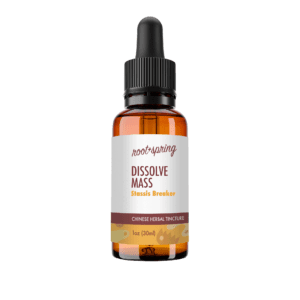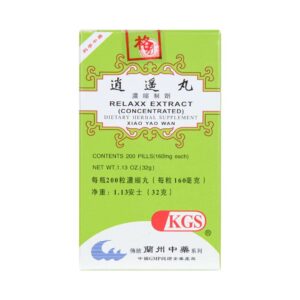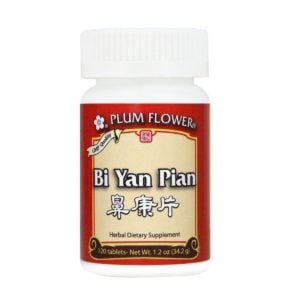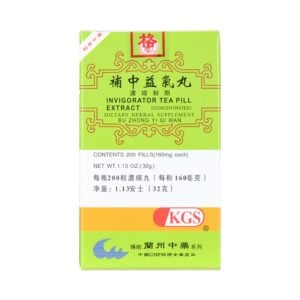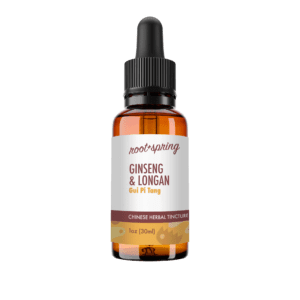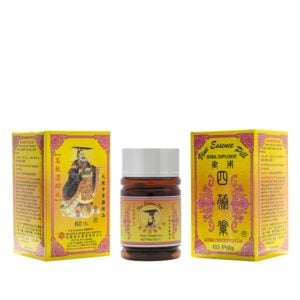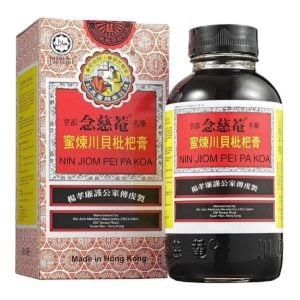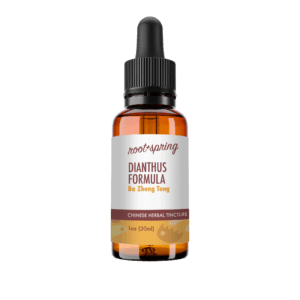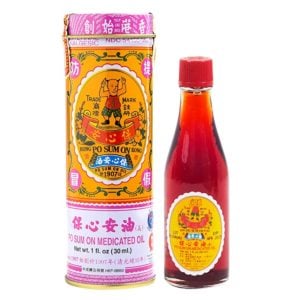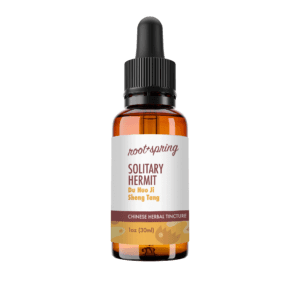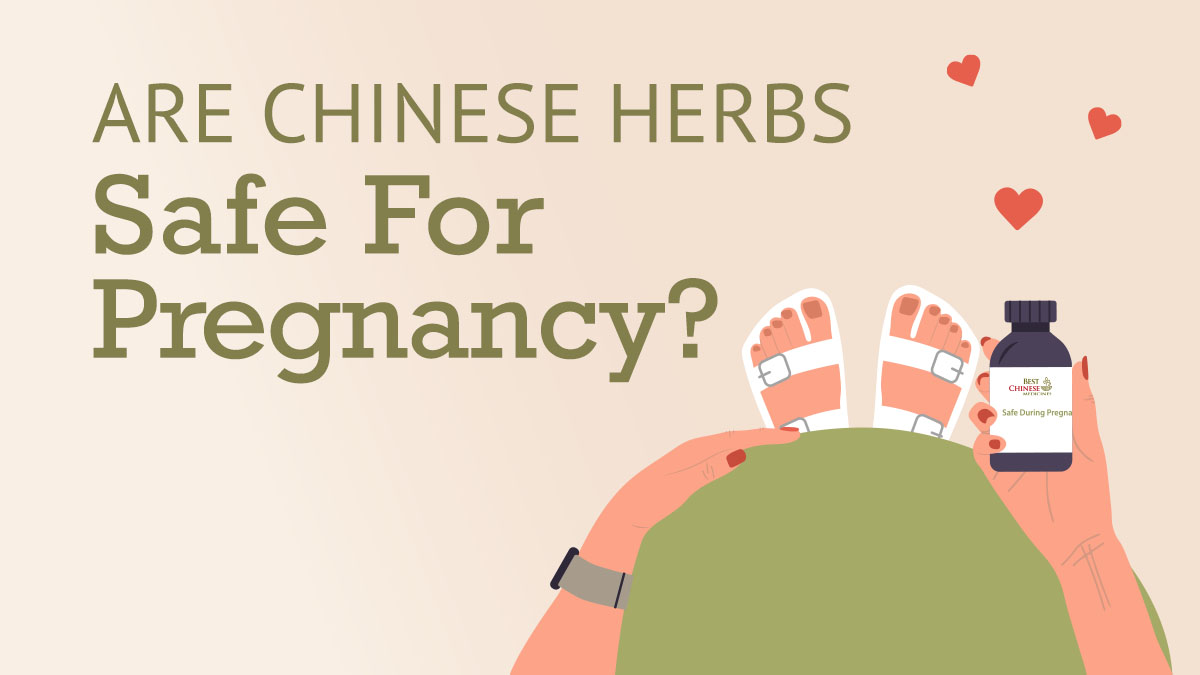Your cart is currently empty!
Gan Cao
English Name: licorice root
Pharmaceutical Name: Radix Glycyrrhizae
Medica Category: Qi-Tonifying Herbs
Properties: Gan Cao enters the Spleen, Stomach, Lung, and Heart channels; it is sweet in nature and neutral in temperature.
What is Gan Cao?:
The Chinese Herb Gan Cao is dried licorice root from one of three closely related species of licorice plant:
- Glycyrrhiza uralensis Fisch: called Chinese licorice, this is the most common source of medicinal Gan Cao for use in TCM. It has long been naturalized to China and is now endemic to the north and northeast regions of the country. It grows best along riverbanks and in flood plains in clay-pan soils. It flowers in the early summer, then goes to seed. The roots are then dug up and dried for use as medicine.
- G. inflata Bat.: another sub-species of Chinese licorice plant that grows in much the same conditions as G. uralensis. Its endemic range, however, is Central Asia and Northwest China.
- G. glabra L.: This is the most common species of licorice plant cultivated around the world for commercial distribution (as food/flavoring) which can also be substituted medicinally for Chinese licorice.
Unprocessed licorice root is called Gan Cao; it can also be stir-fried in honey (in which case it is called Zhi Gan Cao). This makes it warmer and sweeter; it also increases its action to tonify qi and directs it toward the Spleen and Lung as well (see section directly below).
Traditional Chinese Medicine (TCM) Therapeutic Actions of Gan Cao:
Gan Cao tonifies Spleen qi to enhance its transformation and transporting functions (i.e. digestive functions). This imbalance presents clinically with fatigue, lack of energy, poor appetite and loose stool/diarrhea. Si Jun Zi Tang (Four Gentlemen) is the classical formula for this condition.
Gan Cao (honey-fried) nourishes the Heart to treat persons with arrhythmia, intermittent pulse, and palpitations that stem form underlying deficiency and cold in the middle jiao (as in the formula Zhi Gan Cao Tang).
Gan Cao moistens the Lung, tonifies qi, and dispels phlegm and is used in formula to address cough and wheezing that stem from a variety of different causes/imbalances.
Gan Cao benefits the Spleen and replenishes qi to address muscle cramps, spasms, and pain of smooth or skeletal muscles, especially in the abdominal region—as in the formula Shao Yao Gan Cao Tang (Peony & Licorice Decoction).
Gan Cao clears heat and eliminates toxins and is used in its raw form (internally or topically) to address a variety of skin conditions such as: sores (both yang and yin sores depending on the herbs with which it is combined) and lesions, erysipelas, eczema with redness and itching, burns and frostbite. Gan Cao also addresses sore throat with redness, swelling, and pain.
Gan Cao is used as an antidote to a variety of different kinds of poisonings, including food, herbs, herbicides and pesticide, drugs, and heavy metals (not an exhaustive list).
Gan Cao enters all twelve channels and is very commonly added to herbal formulas to harmonize their interactions and moderate the harsh/adverse effects of other herbs (that might otherwise damage the middle jiao).
–safety/clinical notes:
Contraindicated when there is nausea and vomiting from accumulated dampness.
Large doses (over 35 gm during a one week period) can create a sodium/potassium imbalance in the blood creating edema and heart palpitations.
Contraindicated in those who have hypertension, edema, hyperglycemic conditions, osteoporosis and general excess secretions.
Gan Cao is incompatible with Gan Sui, Da Ji, Yuan Hua, and Hai Zao.
This herb may alter the therapeutic effects of corticosteroids such as cortisone, prednisone (Orasone), dexamethasone (Decadron), hydrocortisone (Cortef) and methoprednisolone (Medrol).
Use with caution with cardioglycosides such as digoxin (Lanoxin).
This herb speeds the metabolism of drugs such as chloral hydrate, urethane, cocaine, picrotoxin, caffeine, pilocarpine, nicotine, and barbiturates and treats overdose of these agents.
Products Containing Tag: Gan Cao – Licorice Root – Radix Glycyrrhizae
-
Dissolve Mass (Stasis Breaker) – Liquid Extract (Tincture)
Add to CartStarting at $14.00
-
Xiao Yao Wan – Relaxx Extract – Kingsway (KGS) Brand
Add to CartStarting at $6.99
-
Plum Flower – Bi Yan Pian
Add to CartStarting at $18.93
-
Bu Zhong Yi Qi Wan – Invigorator Teapill Extract – Kingsway (KGS) Brand
Add to CartStarting at $6.99
-
Gui Pi Tang (Ginseng and Longan) – Liquid Extract (Tincture)
Add to CartStarting at $14.00
-
Nin Jiom Pei Pa Koa – Loquat Cough Syrup – 10 fl oz
Add to Cart$19.99
-
Po Sum On – External Analgesic – Pain Reliever
Add to CartStarting at $5.99

